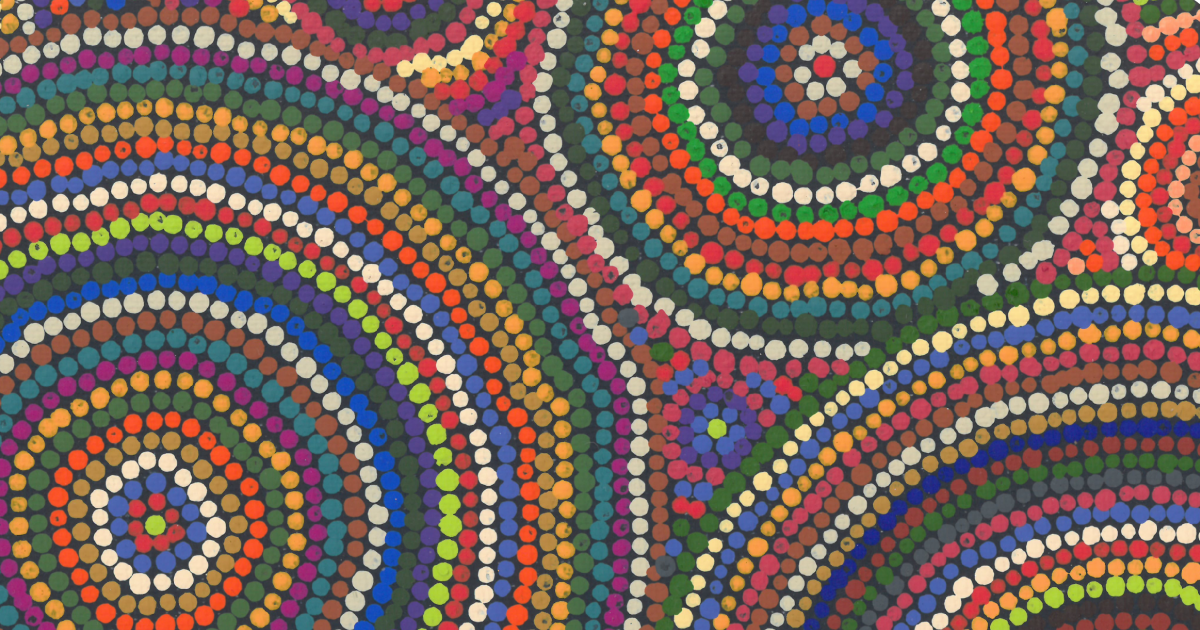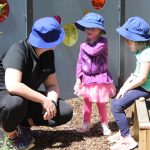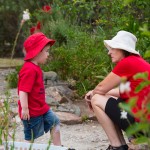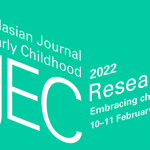Every year on the 26th of January we celebrate what it means to be Australian. It’s a day when we welcome new Australians into the fold through citizenship ceremonies and we get together for barbecues, that most inexplicably Australian of meals. We mark the day in a myriad of ways and yet we continue to ignore the elephant in the room: the continued requests by Aboriginal communities to change the date on which we celebrate togetherness and the Australian way of life.

Each year I ruminate and then write about the ways in which I had hoped Australia would have changed over the past 12 months. I hope and I hope for a shift in the public attitude, so that my two children might see the Australia in which they live understands the hurt of the past, the history of violence, the dispossession and loss. I hope that they are supported in their Aboriginal identities, and that they can be proud and loud about how fantastic it is to live in Australia, a country that understands, values and cherishes its Aboriginal and Torres Strait Islander peoples.
Every year I am disappointed.
2020 marked some outstandingly tragic losses to cultural heritage and some incredible backward steps in regard to community consultation and respect for Aboriginal ways of knowing and being.
In 2020, the young people with whom I work at Wiradjuri Preschool and Child Care, shared the incredible sense of loss and mourning that I experienced with the destruction of the Djab Wurrung Directions birthing tree. We spoke at length about the value and ongoing relationships this and other important cultural heritage sites have for, and with, Aboriginal communities.
Country is more than land, it is family.
The young people I shared this loss with felt a large range of emotions. Some felt the grief I was feeling, others felt shame and still others felt anger and confusion. These young Australians were ranging between the ages of 2-5 years of age. These young people, for whom life is just starting, and with whom the hope for a future Australia that truly values Aboriginal ways of knowing and being lays, already share with Aboriginal people the sense of loss that continues to be an everyday experience for us. They share with us the sense that our ‘go’ is not the fair one we are all promised in Australia, and it is this sense that I try to focus on, this year as Australia Day, Invasion Day, Survival Day approaches.
Continue to have these real and hard conversations with the young people in your lives, be they professional or personal relationships, as generations of children that understand and share a respect, love and connection to Country are our best hope for an improvement to things for everyone: true reconciliation.
Australia Day, the 26th of January, remains the date which marks the beginnings of the damage done to Aboriginal lives, cultures, languages, families.
It doesn’t need to stay this way.
The date can be changed, and it is only through developing understanding and empathy in young people, that the need to change the date will become apparent. Spend time leading up to Australia Day this year reading, learning, speaking with community members, and educating yourself and your communities about the impact of this celebration.
Hopefully next year, and with the early childhood education and care community leading the charge, things will have taken a turn for the better.
Then, I will REALLY have something to write about.
ECA recommends

ECA Research in Practice Series, Acceptance, justice and equality: exploring reconciliation in early childhood education and care
By Catharine Hydon and Adam Duncan
This edition of the Research in Practice Series aims to support early years practitioners in exploring reconciliation with young children. Starting with insights into the history of reconciliation in Australia, the book provides ideas for reflection and action towards a reconciled Australia. You can purchase or subscribe to get a copy here.











I totally agree about talking to young children about reconciliation and I personally do it. However, this is a very delicate topic that we need to be careful about in how we address it because it can generates more divisions within our communities.
It left me thinking the text above that states: The young people I shared this loss with felt a large range of emotions. Some felt the grief I was feeling, others felt shame and still others felt anger and confusion.
And I’m thinking about the anger, the ‘still anger’ and confusion feelings. How the topic has been addressed? Why confusion? What was said in order to generates feelings of anger and confusion in children?
As adults we are responsible people for not continuing creating division but reconciliation. This is what the post is all about. Right?
I’m embarrassed that an Australia Day website (australiaday.org.au), states “Australia Day, 26 January, is the day to reflect on what it means to be Australian, to celebrate contemporary Australia and to acknowledge our history”. Really?? If we indeed wish to celebrate “the things we love about Australia” – our land and a “sense of fair go” (australiaday.org.au) we need to face facts, that the Aboriginal and Torres Strait Islander people were NOT, and it seems are not, given a fair go. Have we watered-down the definition of ‘acknowledge’; do we sweep that part under the carpet? As Adam says, the Aussie public attitude is ignoring “the elephant in the room”. It’s not enough to rely on formal acknowledgements and government statements, or to say that our generation wasn’t responsible. If we can start to take acknowledgement into our own backyards, so to speak, to a personal level, touch our hearts . . . . . then maybe in years to come we can celebrate our values together.
I humbly submit this response and am open to correction.
Hopefully we will work towards what you have suggested. It is the right thing to do and should have been done years ago.
Great knowledge about the first nation people of Australia.
Great knowledge about the first nation people of Australia
Aboriginal and Torres Strait islander must valued and have the equal rights.
This article really helped me enhance my knowledge about the aboriginal people of Australia
Time for change . Thank you for the informative article.
Great knowledge about the First Nation people of Australia
True Anjali. This article helped us greater understanding about the First Nation people of Australia.